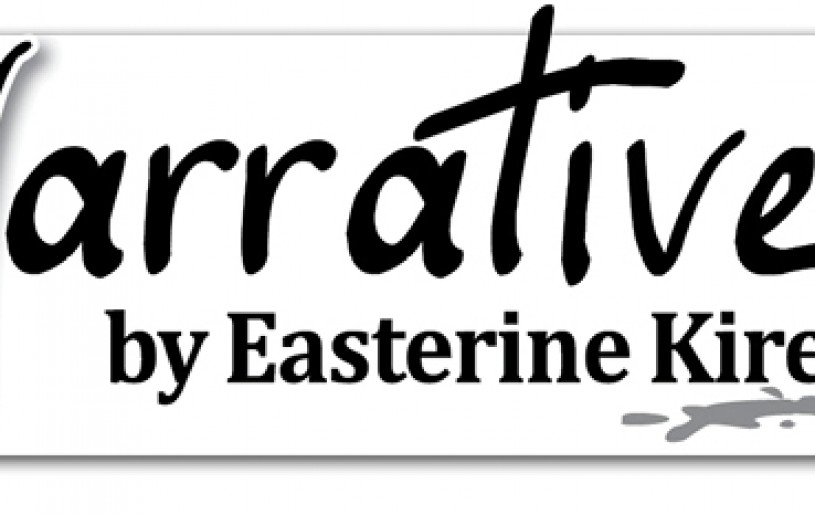
Kethoser (Aniu) Kevichusa
In any social or political context, there are different foundations and visions of how a nation and a people can survive and thrive. Some say that it would be through politics, political ideologies, and political institutions; others say that it would be through economic development and prosperity; others say that it would be through education; and still others say that it would be through spiritual renewal.
Now all of these things have a great deal of importance in contributing to the welfare of a nation and a people. But in focusing on these things, there is always a danger that a very important unit of society can be forgotten and neglected. And this unit is the most foundational institution in any given society. This unit is the unit of the family, the home.
In Ephesians 6:1-3, the Bible says, “Children, obey your parents in the Lord, for this is right. Honour your father and mother (this is the first commandment with a promise),that it may go well with you and that you may live long in the land.”
Although this is a well-known passage, the meaning of this passage is not as well-known as the passage itself. And as we read it, we find it a little disturbing. What about those who honour their parents but die young? Does it mean that they died young because they did not honour their parents? What about those who live their whole lives dishonouring their parents but go on to live very long?
We need to remember that the Apostle Paul, who wrote this passage, is here quoting Exodus 20:12, where God is giving the Ten Commandments to the nation and people of Israel. And this is the Fifth Commandment: “Honour your father and your mother, that your days may be long in the land that the Lord your God is giving you.”
The commandment is not given to the individual. The commandment is not saying to the individual, “If you honour your parents, then you, as an individual, will live long.”
No. The commandment is saying to the nation and the people, “If you are a nation and a people where children respect, submit to, and honour their parents, then your nation, your people, your society will survive and thrive. Your people will live long in the land that is allotted to you. But if you are a people who do not know how to honour your parents, then you as a nation and society will disintegrate and collapse.”
This is so because of the unique place and position that God has placed parents in. If we read the Ten Commandments, we will find that the first four commandments have to do with our duty to God, while the last five commandments have to do with our duty to our neighbour. The first half is, as it were, our vertical duty; the second half, our horizontal duty.
Jesus said that all the commandments of God can be summed up in two commandments: Loving God with all our heart, soul, mind, and strength; and loving our neighbour as we love ourselves (cf. Matt. 22:37-40).
The question is: What is the Fifth Commandment that is lodged right in the middle of the Ten Commandments? And why is it there? It is this: “Honour your father and mother.” And it is there because parents, in a sense, stand between God and our neighbour. And our duty of honouring our parents is a kind of hinge that holds together our duty to God and our duty to our neighbour. Parents hold together our vertical and our horizontal duties.
That is why we cannot really fulfil our duty of loving and honouring God without learning to honour our parents; and we cannot really fulfil our duty of loving and respecting our neighbour without honouring our parents first.
A people who know how to honour their parents also know how to honour legitimate authorities, including God. And a people who know how to honour their parents also know how to love and respect their neighbours and their fellow citizens.
And it is such a people, such a society, such a nation that survives and thrives in the world. “Honour your father and mother (this is the first commandment with a promise), that it may go well with you and that you may live long in the land.”






